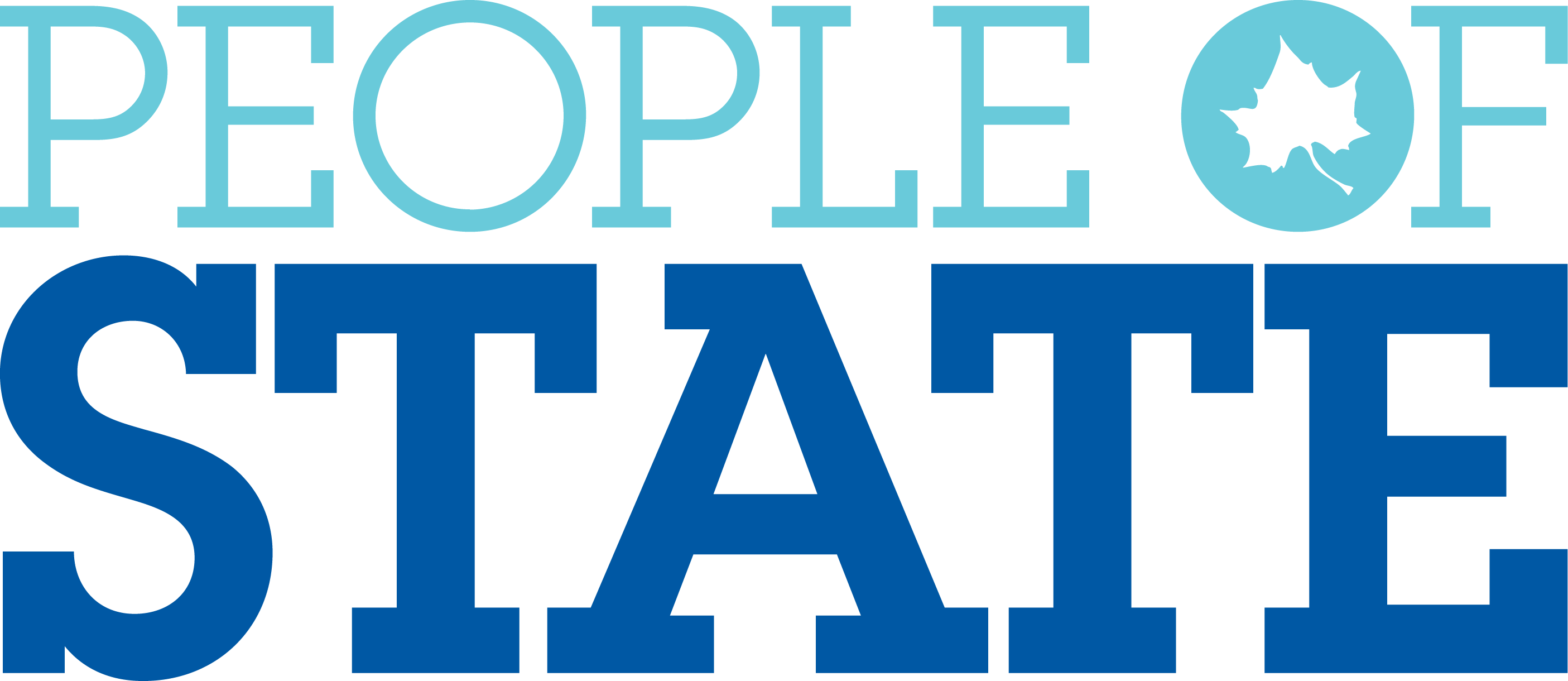How is State preparing the next workforce generation?
By Indiana State University
Nov 1, 2019
Innovative and high-tech programs taught in a relevant way are answering workforce needs for highly skilled workers, regionally and beyond.
Reflecting on her time at Indiana State, Julie Whitaker, ’13, can see a clear link between the experiences she had on campus and the “dream job” she has now.
During an internship at the Office of Sustainability, for example, she started “Meatless Mondays” in the campus dining halls, hosted energy and recycling competitions in the residence halls and helped launch the Eco-Reps program, a living experience that gives students a chance to study and implement sustainability measures on campus.
She credits that real-world, hands-on experience with helping her get to where she is today: serving as the energy and sustainability coordinator for Valparaiso University.
“After my internship experiences at ISU, I knew I wanted to do similar work for my future career,” said Whitaker, who studied human and environmental systems. “Developing initiatives that helped students, staff and faculty implement sustainability into their daily lives was a passion I wanted to continue. I learned so much from the internship that is still helping me in my career today.”
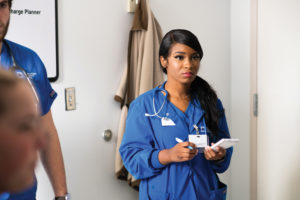
Students across campus are mastering valuable technical and professional skills that will carry them through a lifelong career, not just their first job. And by ensuring Sycamores are career-ready upon graduation and offering innovative degrees in high-demand fields, State is able to answer workforce needs for highly skilled workers, regionally and beyond.
Even as graduates enjoy a 95 percent placement rate, the university remains committed to providing students with a top-notch liberal arts education that will help them adapt to emerging industries and professions.
Although students (and their parents) are sometimes skeptical of majors like theater or English, Sycamores — no matter what they study — are thriving in the 21st-century workplace after graduation thanks to an emphasis on career-readiness in the curriculum. “Indiana State graduates are able to do anything over the course of their careers because of the skills they learn — analysis, research, writing, communication, group work, understanding other people,” said Christopher Olsen, dean of the College of Arts and Sciences.
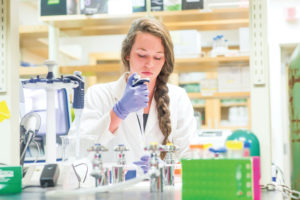
Students in every major are mastering not only the subject matter presented in their courses, but also communication, decision-making and critical-thinking skills. Since many students will someday have jobs that don’t yet exist, these broader competencies are essential for thriving in an ever-changing job landscape and climbing the career ladder.
“The best preparation is to be broadly educated and to be adaptable,” Olsen said.
In addition to preparing students for life after graduation, the College of Arts and Sciences is offering several new programs designed to help meet workforce needs.
Two new degrees — one in intelligence analysis and another in cybercriminology and security studies — are preparing students for new high-tech roles in law enforcement. Sycamores are learning how to use the latest criminal justice technologies, defend against cyberattacks, gather intelligence and analyze data to keep Americans safe.
The college is also offering a new master’s degree in genetic counseling, a field that’s projected to grow 29 percent by 2026, according to the Bureau of Labor Statistics. As genetic research becomes more sophisticated, people are turning to these highly specialized professionals to understand their risk of inherited medical conditions.
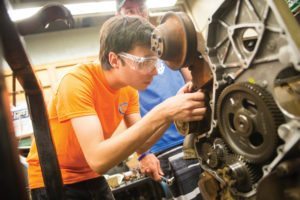 Students in the College of Technology are also gaining hands-on experience for careers in high-demand fields like aviation, construction management and engineering. The college, which is in the process of revising its strategic plan, strives to be recognized as one of the premier talent-providers in the nation and to prepare students for a more globalized workplace, among other goals.
Students in the College of Technology are also gaining hands-on experience for careers in high-demand fields like aviation, construction management and engineering. The college, which is in the process of revising its strategic plan, strives to be recognized as one of the premier talent-providers in the nation and to prepare students for a more globalized workplace, among other goals.
The new engineering degree, for example, offers a choice of three disciplines — mechanical, civil and industrial — and prepares Sycamores to become licensed professional engineers, a profession that’s projected to grow seven percent by 2026, according to the Bureau of Labor Statistics. What’s more, Sycamores who enter the field are likely to earn a competitive wage and stay employed; the median annual wage for engineers is $80,710 and the unemployment rate is 1.5 percent.
Whatever their major, College of Technology students spend many hours working in labs and on projects designed to help them put their newfound knowledge into practice. They also gain hands-on experience and skills like teamwork and communication through the college’s many student organizations. Most degree programs in the college also require an internship or co-op, which means students have real-world experience in their chosen field before they even start their job search at graduation.
The college also leans heavily on its active advisory boards (one for each degree program), made up of industry professionals who share insights about workforce needs and emerging trends. In addition, half of the faculty in the college came to Indiana State after working in industry, so they’re able to pass along professional expectations and share their own experiences in the workforce with students.
“The minute our students graduate, they are ready for the real world,” said Nesli Alp, dean of the College of Technology. “The classroom teaching is supported by labs and different projects and whenever students finish, they are not just theoretically ready, but they are also hands-on ready for many kinds of jobs.”
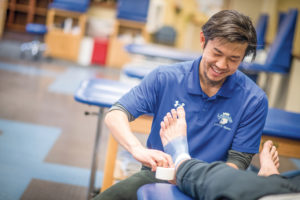
The same is true for the College of Health and Human Services, which continues to help meet regional and national demand for nurses, massage therapists, physician assistants, occupational therapists and other much-needed health care professionals.
All degrees within the college require students to participate in some type of clinical or fieldwork experience to prepare them for the workforce. In the classroom, students are engaged in active-learning activities such as role-playing or reading through case studies.
Students also practice their skills in a simulated environment, whether that’s as simple as monitoring the physiological responses of a classmate or as complex as responding to a heart attack with a simulated patient.
“It’s not just knowing what drug to give, it’s communicating with a physician or communicating with the rest of your teammates who are taking care of that simulated patient that help students to develop those critical professional skills,” said Caroline Mallory, dean of the College of Health and Human Services.
